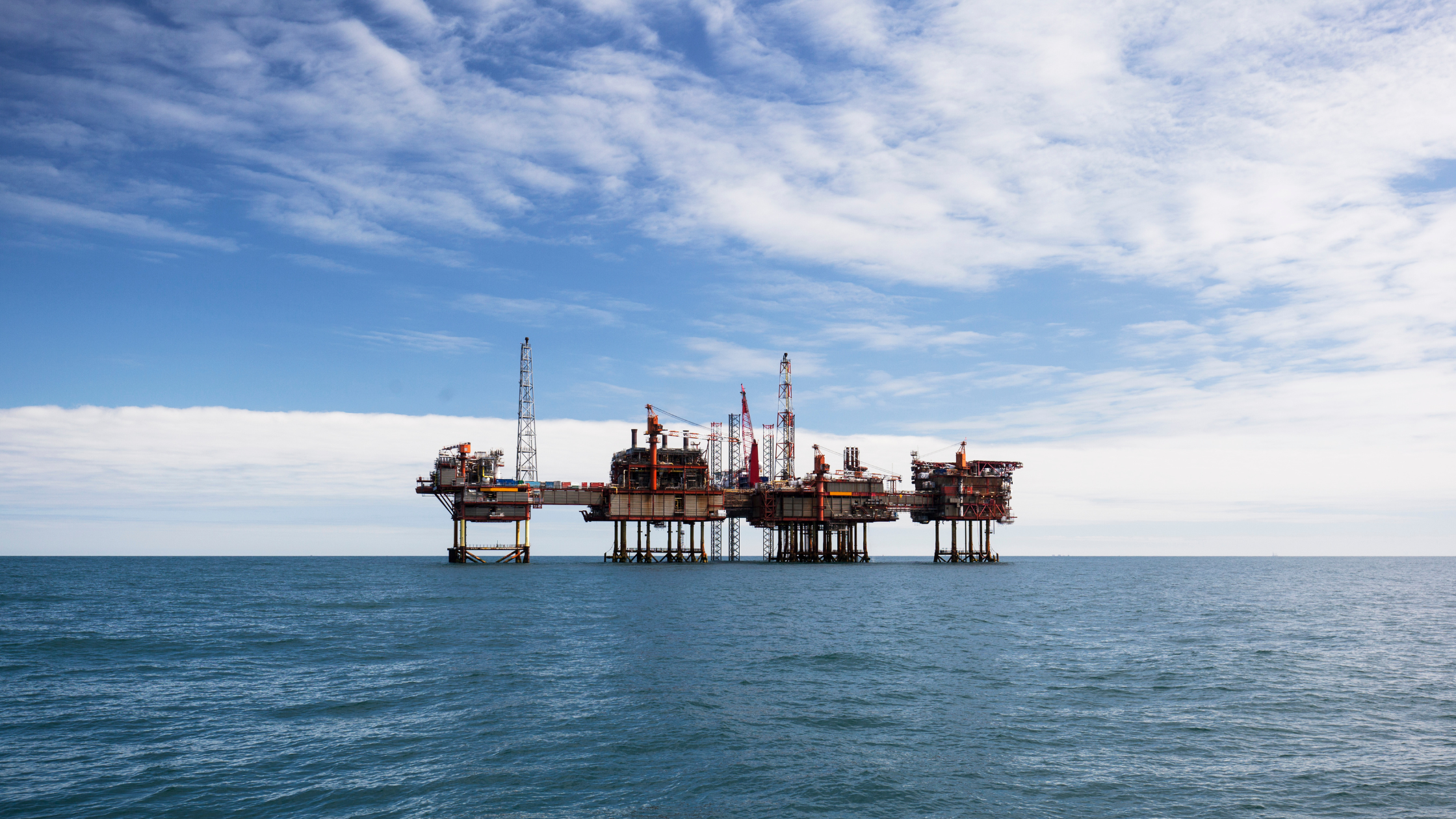
‘Chronic oiling’ threatens marine environments in the North Sea
What’s happening? Over 2,000 oil spills have occurred in the North Sea since 2011, including 215 in marine protected areas (MPAs), threatening Scotland’s most vulnerable species and habitats. An analysis of UK government data reveals 1,175 tonnes of oil spilt in this period, with 308 tonnes within MPAs. The spills, primarily from oil rigs, threaten marine life through oil, toxic chemicals, microplastics, and noise pollution. Despite nearly all incidents being small, the cumulative impact raises concerns about marine ecosystem devastation and the UK government’s push for new North Sea oil and gas licences. Environmental groups have criticised the ongoing risk to marine life and ecosystems, highlighting the urgent need for stringent regulatory protections and questioning the industry’s safety measures amidst government assurances of comprehensive spill response plans. (The Ferret)
Why does this matter? Although the analysis of UK government data acknowledges that most incidents were on a small scale, with 99% of the recorded spills “below two tonnes”, the rate of a spill occurring roughly every two days over the 13 years measured highlights the cumulative problem of “chronic oiling” in a region home to 231 MPAs in Scottish waters alone. The near-constant oil spills and gas leaks have not grabbed headlines to the same extent as catastrophic oil leaks but “has an insidious impact, creating an almost constant hazard for ocean wildlife”, according to Naomi Tilly, campaign lead at ocean conservation advocacy group Oceana UK. The Scottish Government’s 2020 Marine Assessment found that “even the accidental release of a small quantity of oil […] has the potential to result in environmental and/or economic impact”.
Licensing continues – Despite evidence pointing to the environmental damage and massive carbon emissions caused by the oil and gas industry, the UK government permitted 17 oil companies to drill for fossil fuels in 24 new licence areas across the North Sea in January. This followed a previous raft of 27 licences granted in autumn 2023. In September 2023, regulators also approved the Rosebank offshore oil field development off the Shetland Islands. The project holds the UK’s largest untapped oil field, containing an estimated 500 million barrels of oil, but was criticised for its climate impact as estimates suggest it could produce 200 million tonnes of CO2 across its lifetime.
A leaky trio – BP, TotalEnergies, and Shell were identified as responsible for a significant proportion of the regional oil spills from their vessels and wells, accounting for 82% of oil spilt by volume across the over 2,000 separate leaks. The trio also operated the three “leakiest” fields of Elgin (operated by TotalEnergies), Foinaven (BP), and Gannet F (Shell), which themselves accounted for 79% of all North Sea oil spilt since 2011. These three fields were all in or close to the North Sea MPAs.
Regulatory change possible – In the face of this threat to MPAs, oil and gas firms could face mounting regulatory risks, particularly if public sentiment or awareness of the chronic oiling issue in these protected areas rises. To illustrate the potential regulatory risk, a new English bylaw was introduced as part of the Government’s Environmental Improvement Plan on 22 March, prohibiting the use of bottom-towed fishing gear in 13 English MPAs, increasing the area protected by 18,000 sq km. It followed an original legislative ban on bottom-towed fishing in four MPAs in 2022.
Public sentiment shifts – The example of regulatory change improving the protection of MPAs and enforcing operational change in the fishing industry highlights that fossil fuel firms should anticipate mandatory changes to their operations if the degradation of MPAs continues, particularly if awareness of the issue grows and consequently enforces political action. There is already considerable public opposition to extending North Sea oil and gas licences, including Greenpeace UK and Uplift’s legal action against the Rosebank development. With the stigmatisation of the sector and reputational risks already strong, the issue of chronic oiling in the North Sea could prompt regulatory change.


